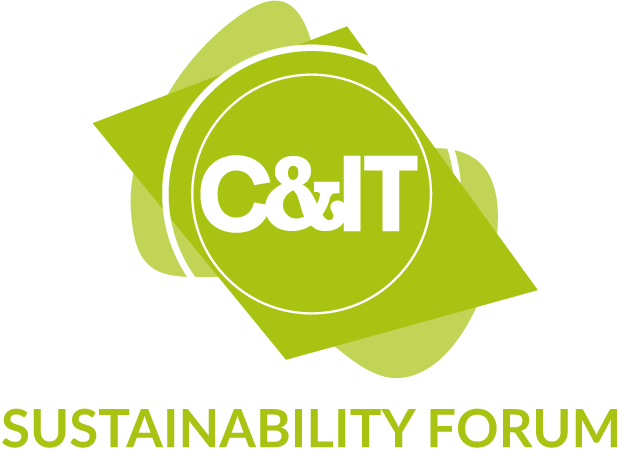
You have a sustainability strategy, but now what?
You have a sustainability strategy. But now what? How is it being implemented? Do you know how you’re doing, with quantifiable data to support improvement and communication about it? Are you confident in communicating about the work you’re doing? Are your people along for the journey or is your strategy ‘business as usual?’
It’s time to have a serious look at all of these questions. Leaders no longer have the luxury of hoping that their strategy or operations are not looked at too closely during their tenure - the time of kicking that particular can down the road is over.
A recent survey showed that 50% of executives in the events industry have experienced backlash against their environmental, social and governance (strategies), and 43% expect that to increase in the future. This year, the EU and the UK launched directives around ‘green claims’ by businesses; it is now riskier than ever to say you’re doing good work when, in reality, you’re not. In addition, the 2023 Edelman Trust Barometer - a global survey that has been running for 20 years - shows that social polarisation is at an all-time high, and the public is looking to business leaders, not government, to lead the way on key issues such as climate change and DEIBA.
There is increasing scrutiny around what you do - or do not do - on social and environmental issues, and whether it is truly embedded into your business model. Greenwashing is a risk, but so is ‘greenhushing’ - the action of not saying anything out of fear you’ll get it wrong.
That leaves one option: do it right.
The Bulb has been pioneering sustainable approaches to events since 2015, establishing key approaches that we know work. We work with some of the world’s leading agencies and brands to create not just great strategies, but also action plans, measurement frameworks, internal capabilities and behaviours, as well as engagement approaches that help deliver and change ‘the game’.
So, how? There are four key themes to take into consideration: your leadership, your organisation’s culture and behaviours, engagement, your access to good data to prove what you have done and how it helps you to continue to improve.
Leadership
Leaders today need to have an accurate understanding of sustainability. This means having a holistic view that understands the interconnectedness and intersections of social impact and environmental issues, increasing regulation and public risk around ‘doing sustainability badly’, and having a business model that is built for a future of resource scarcity. Remember this: ‘sustainability’ means social, environmental and economic sustainability.
Forward-thinking leaders regularly challenge their own thinking or the thinking around them. I realise this is easier said than done - we often do not realise the areas in which we always think or say, ‘That can’t be done,’ or, ‘My client won’t pay for that.’ But why not? Innovation happens, times change, and the world around us has certainly changed, so isn’t it time to question the things that you think you can’t do?
Culture
Creating a culture that can support and sustain your strategy is critical. This requires focus, authenticity, investment and engagement, and it needs to be led from the top, then co-led by your people at all levels of the organisation.
Engage your own people as early as possible and then keep engaging them. Who are the employees whose diverse perspectives can inform your strategy, and whose buy-in do you need to bring to life? What support or upskilling do they need? How can they act as advocates, ‘inside the house’, as well as to your clients, suppliers and the wider sector? Focus on this as a key item and I promise you that delivering your strategy will be more powerful and achievable than if the strategy is just a document.
Engage your Stakeholder Ecosystem
Who are your potential allies? How can you engage your suppliers’ partners to help create innovative approaches and capture the data you need? Who do you need to communicate to or with, to amplify the message and lead?
Measurement
Measurement is particularly important. Gathering accurate and robust data that allows you to compare like-for-like with others in the industry is extremely helpful; this is something to invest in. You cannot improve what you have not measured. Therefore, invest in establishing a relevant and robust measurement framework, as well as upskilling your team to use it well. Taking this action will give you the data to communicate with confidence, to lead, and to help our industry transform its practice and impact.
This piece is a sprint through the key elements of leading - not just surviving, but thriving in a rapidly changing context. These key items align with the 2023 C&IT Forum’s focus on ‘taking steps,’ to move beyond the stage of simply having a good sustainability strategy. It fills me with optimism to know that, from events like this, and through working with The Bulb’s clients, there is a crop of current leaders who are eager to step up to a new and more sustainable way of doing things in our industry.
Our impact is big, and so is the opportunity to ensure that this impact is positive.
Selina Donald
CEO and Founder of The Bulb
Sustainability consultancy for the event and creative industry